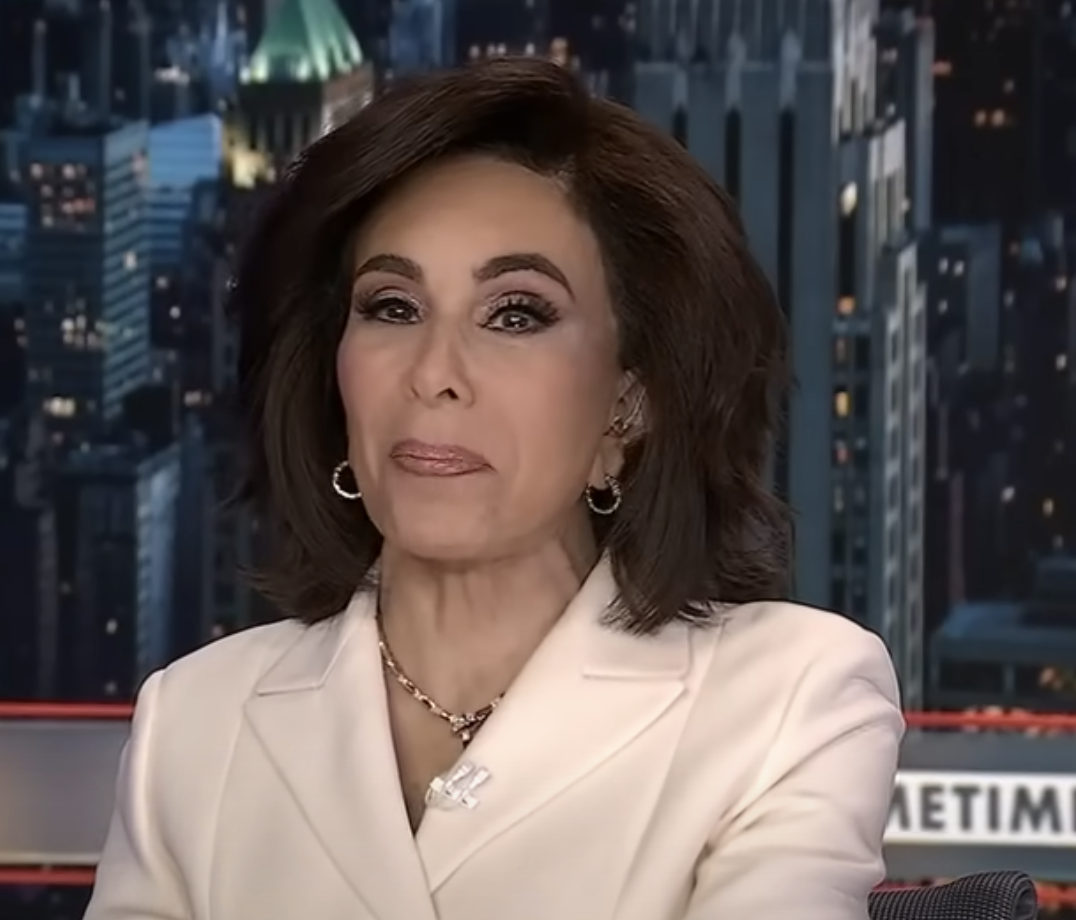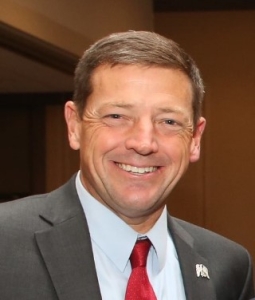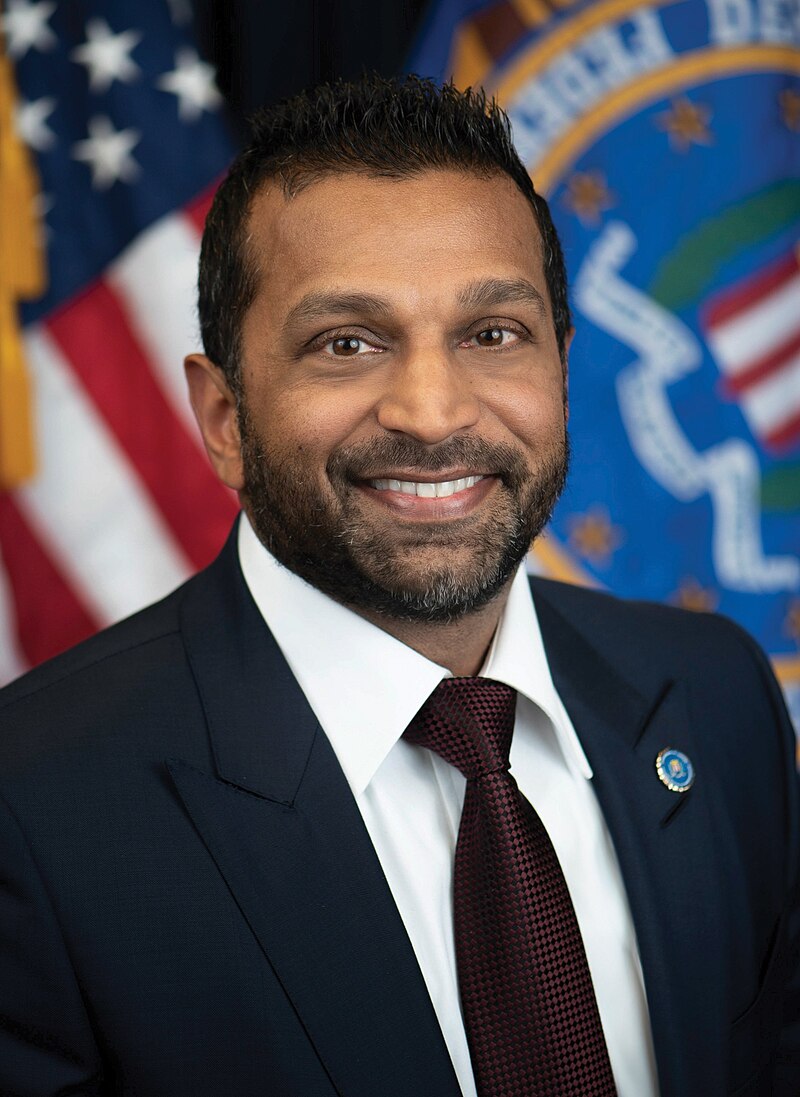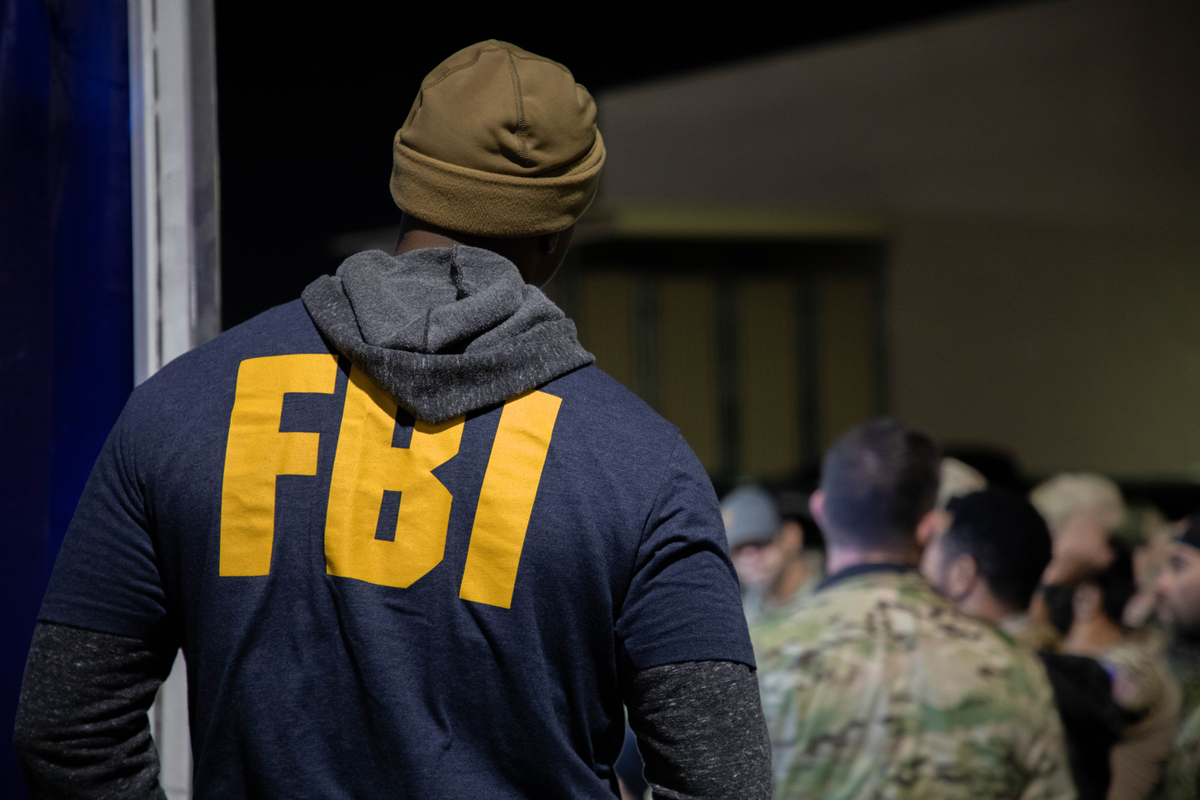Not everyone in this dangerous gang had the public profile of a criminal. In fact, one ran a car detail shop. Another was an administrator for a management firm. Another was a mortgage broker and supposedly a law student. Reporter Van Smith of the Baltimore City Paper details how some gang members sought legitimacy in society, while in reality, the government said they were not so legit.
By Van Smith
Baltimore City Paper
BALTIMORE — “I’m a responsible adult,” 41-year-old Avon Freeman says to Baltimore U.S. District Court Magistrate Judge James Bredar.
The gold on his teeth glimmers as he speaks, his weak chin holding up a soul patch. He’s a two-time drug felon facing a new federal drug indictment, brought by a grand jury in April as part of the two conspiracy cases conducted by the U.S. Drug Enforcement Administration (DEA) in Maryland involving the Black Guerrilla Family (BGF) prison gang (“Guerrilla Warfare,” Mobtown Beat, April 22).
Now it’s July 27, and Freeman, standing tall in his maroon prison jumpsuit, believes himself to be a safe bet for release. He’s being detained, pending an as-yet unscheduled trial, at downtown Baltimore’s Supermax prison facility, where he says he fears for his safety.






